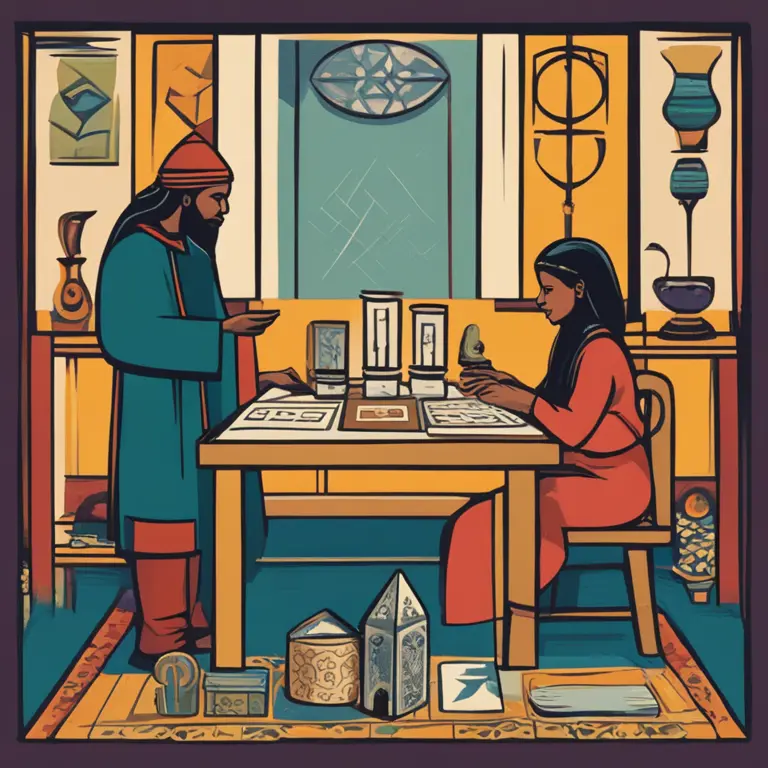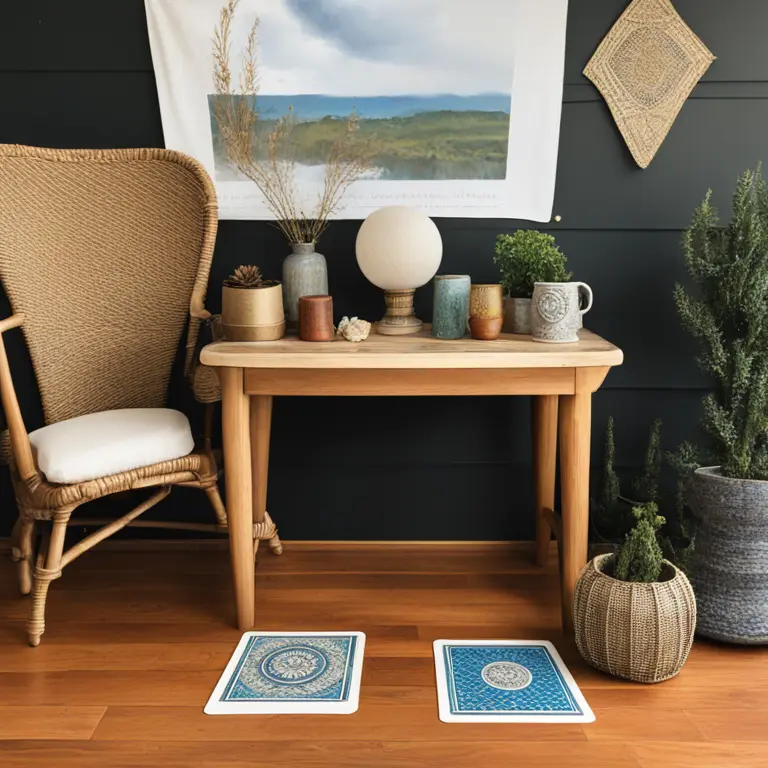
Introduction to Tarot
Tarot is more than just a deck of cards; it's a mirror to the soul and a tool for self-discovery. For those embarking on this mystical journey, the world of tarot can seem vast and intricate. It is an ancient form of divination that has been used for centuries to gain insights into one's personal life and foretell future events. As you start, remember that patience and practice are your allies. Get to know your deck, bond with the imagery, and allow your intuition to guide you.

Understanding the Tarot Deck
A traditional tarot deck comprises 78 cards, each filled with symbolism and meaning. These are divided into two main categories: the Major Arcana and the Minor Arcana. The 22 Major Arcana cards represent life's karmic lessons and the spiritual aspects of life. The Minor Arcana consists of 56 cards that are further divided into four suits: Cups, Swords, Wands, and Pentacles, which highlight the day-to-day activities and challenges.

Starting Your Tarot Practice
Begin by establishing a quiet and comfortable space for your readings. Familiarize yourself with your deck by examining each card individually, noting your first impressions and the feelings they evoke. You don't need to memorize all the meanings right away, but start with key keywords for each card. Create a daily ritual by pulling a card a day to sharpen your intuition and build a personal connection with your deck.

Formulating Your Questions
The art of asking the right questions is crucial in tarot readings. Instead of yes-or-no inquiries, frame your questions to elicit more insightful guidance. Ask open-ended questions about what actions you can take or how you can improve a situation. Being specific yet open allows the cards to reveal their wisdom more effectively.
Conducting a Reading
Start with simple spreads, like the three-card spread, where each card represents past, present, and future. Take your time with each card, absorbing the imagery, and relating it to the position in the spread. Allow your insights to flow naturally without forcing them. Remember, the cards do not predict the future; they provide clarity and perspectives so you can make informed decisions.
Developing Your Interpretation Skills
Interpreting tarot cards is a skill honed over time. In addition to your personal insights, consider traditional card meanings as they can offer a common language between readers. Keep a journal of your readings to track progress and patterns. Over time, you'll start noticing deeper connections and narratives between the cards, which will enhance your interpretations.
Respecting Tarot Ethics
Tarot readings are personal and can be profound. It's vital to approach your practice with respect, keeping the confidentiality of your querents (those you read for) and using the tarot responsibly. Avoid making absolute predictions and instead offer guidance and possibilities that empower those receiving the reading to make their own choices.
Published: 1/17/2024
Modified: 1/17/2024
More predictions
Come back here soon to learn more about yourself and your future


Is He In Love with You? Insights from Tarot
Discover if he's in love with you through the mystical lens of tarot readings. Seek clarity and signs within the cards in this insightful article.


The Reality of Tarot in Personal Insight
Explore how Tarot readings can offer profound personal insights and guide you through life's complexities.


Beginner's Guide to Tarot: A Simple Start
Your journey into tarot starts here. Discover the essential insights of tarot reading in a simple, accessible guide for every beginner.